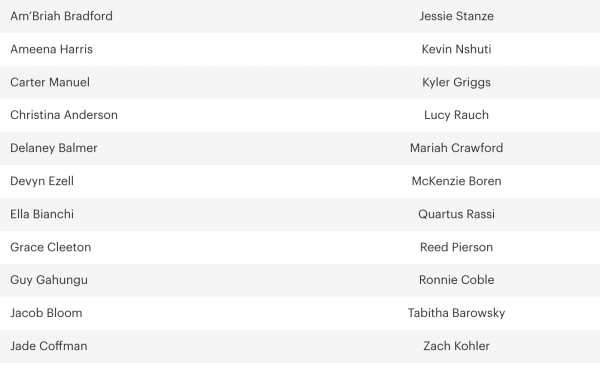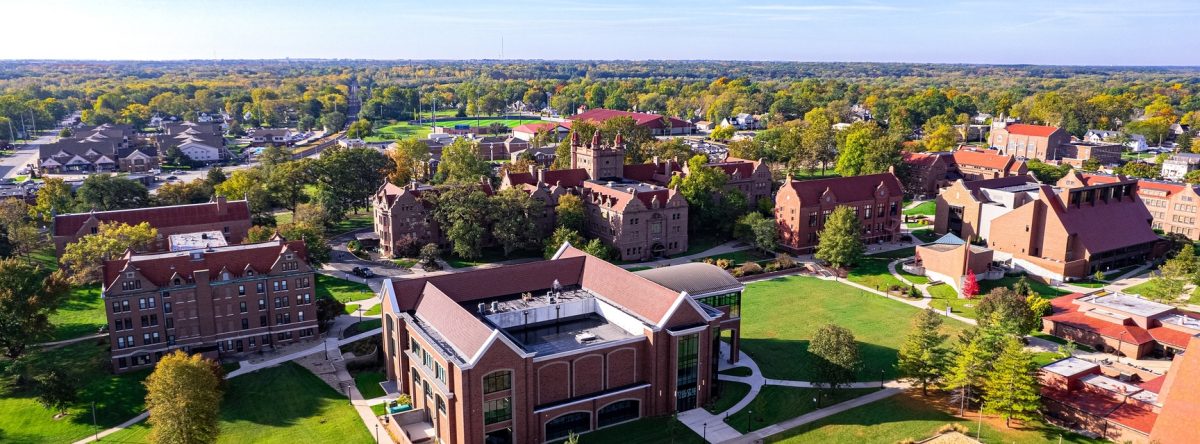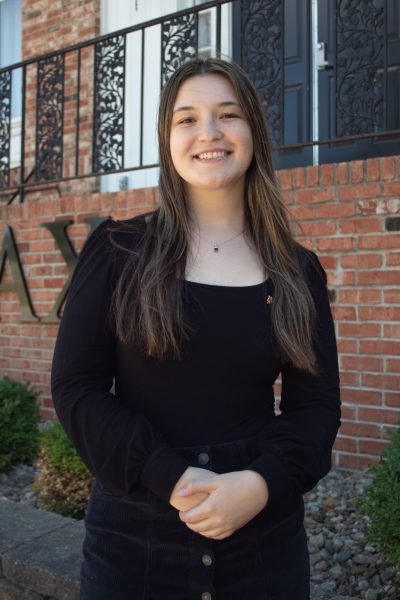Millikin struggles with transparency and addressing concerns on campus, but the Council of Student Advisors (CoSA) is here to help combat these issues.
“We are asking [the] questions that students are asking themselves about Millikin, and we bring [these questions] to [the higher-ups] so we can figure out what the answer is [and] what’s being done about it so we can go back to students and say, ‘Hey, these are the things that are actually going on; this is why things are going this way,’” Guy Gahungu, a member of CoSA, said.
Students have been screaming into the void about issues with the Woods and similar issues for years now. Now, the Council of Student Advisors can fill the void and tell the Board of Trustees and other administrators about their issues.
Are you angry about the food in the caf? Perhaps you’re concerned about the accessibility on campus. Or maybe you are concerned about student relations with professors.
If you relate to any of the statements above, go to a member of CoSA and inquire about what can be done.
Devyn Ezell is one of the 22 students on the council, and he has been enjoying this responsibility.

“CoSA…is a group of students picked from all walks of life to really get down to the nitty-gritty, to understand problems, and formulate with, currently, Dr. S. to find out ways that we can solve them,” Ezell said.
Previously, Millikin had a student governance group, but after years without one, Dr. Wallace Southerland decided to create CoSA.
Admittedly, there are many problems littering Millikin’s campus. CoSA has committees to tackle these issues head-on.
McKenzie Boren serves on the committee for ADA accommodations and safety on campus. After a security incident happened on Millikin’s campus and near sorority housing, the committee got together and thought of ways to prevent this from happening in the future.
“We’re getting in touch with the head security person and seeing if they can do more rounds in different places [and] park closer to the sorority houses,” Boren said.
Gahungu serves as the chair of the student mental health committee.
“For that [committee], we are responsible for identifying any strategy that the university can implement,” Gahungu said. “I’m trying to improve [student mental health services] and make sure that people are mostly aware of Wellness Peer Advocates. We’re looking at a plan of action, of things we can do and how they can do them.”
Although there are various committees, CoSA members don’t have a limit to what they can address.
“We’re not limited to what we can do,” Gahungu said. “We’re not limited to a department. We’re not limited to any organization. We want to know what’s going on in most of these areas.”
A large issue Millikin has faced is the students’ satisfaction with the Woods.
“I know one of the big things they talk to us about [is] the Woods; when we had a meeting with the board of trustees, they were talking about possibly figuring out a way to make things cheaper or give another option,” Boren said.
Although these changes might not happen, at least they are creating a dialogue about the big issues students are facing.
If you are a student and run into any alarming issues on Millikin’s campus, seek out a member of CoSA.
“The way I encourage people to talk to us is more of an open conversation, more than, ‘Hey, I need to report something,’” Gahungu said. “You don’t have to report anything. [CoSA members] just have to say, ‘Okay, you know what? Let’s talk about your experience at Millikin. What do you think Millikin is doing wrong?’”
Instead of complaining about Millikin without expecting change, let a member of CoSA know. There cannot be a change if the proper people do not know it is happening.
“You can be the change in Millikin’s community that you want to be,” Ezell said. “Since we’re such a small community, we’re afforded that luxury.”


